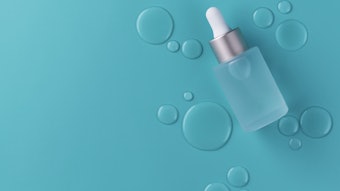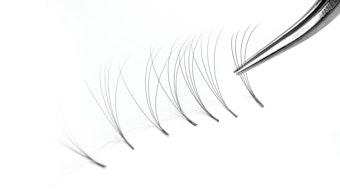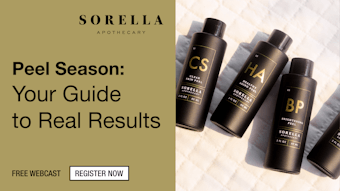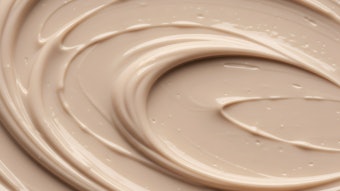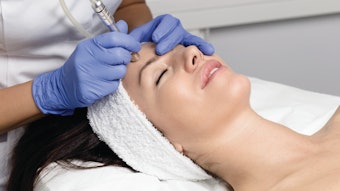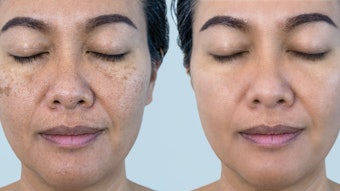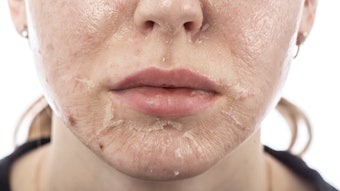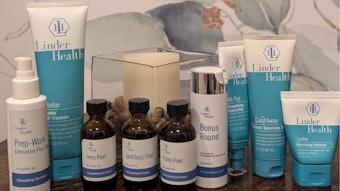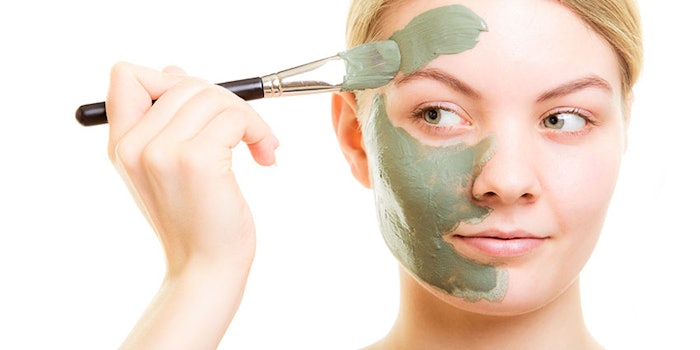
Acne is a stubborn skin disorder for many, and there are several ways to treat it. Here are five ways to prevent breakouts from occurring before they begin.
1. Control Oil Production
Excess sebum can lead to open or closed comedones, papules and pustules, and in severe cases nodules and cysts. Hormones, particularly testosterone, are the source of excess sebum production.
An increase in testosterone during puberty is one reason many teenage boys suffer from acne. Some people have medical conditions that can alter hormones and certain medications can cause an imbalance as well. If this is the case, the client will most likely be seen by a physician to try and get hormone levels under control. Stress can also have an effect on the balance of hormones—this will be discussed in lifestyle changes below.
The best way to combat excess oil is by cleansing the skin twice a day with the appropriate cleanser for their skin type and keeping the skin well-hydrated.
It is common practice of those with oily skin to automatically want to dry it out; what they don’t know is that drying out the skin actually triggers more oil production. The best way to combat excess oil is by cleansing the skin twice a day with the appropriate cleanser for their skin type and keeping the skin well-hydrated.
Clients may feel that using any moisturizing agents will make the skin more oily, but it is important to maintain balance. The use of clay and/or charcoal masks also help to absorb excess oil. Retinoids are also important to regulate sebum production, but be sure to tell your clients that it may take six to eight weeks to see results.
2. Exfoliate
Dead skin build-up is a contributing cause to acne; therefore, it is important to exfoliate the skin on a regular basis. Cleansers with alpha and/or beta hydroxy acids can be helpful for mild exfoliation as well as providing a thorough cleaning.
Beta hydroxy acid is also commonly used in secondary products since it is attracted to oil and can help break down comedones by releasing dead cells that accumulate in the follicle. Other forms of exfoliation that can be performed at home are enzyme masks and physical scrubs, although those with inflamed skin should be cautious.
The best way to get a deep exfoliation, for those prone to acne, is by getting professional chemical peels. There are several types of peels available including alpha hydroxy, beta hydroxy, Jessner’s and TCA. Beta hydroxy, salicylic, is typically the peel of choice; however, many professionals are now seeing great results with TCA.
3. Fight Bacteria
Bacteria is present on all skin types and conditions; p.acnes bacteria, in particular, is associated with acne breakouts. Bacteria breeds in dark sticky congested areas, such as the hair follicle that is blocked with sebum and dead skin. Once the bacteria starts to build in the follicle, this creates inflammation—that is why it is important to control oil and exfoliate in the first place.
Anything that comes in contact with the skin should be clean including the hands.
Fighting the bacteria would then be the next step. To prevent bacteria build-up on the skin, there are several things the client can do. First of all, anything that comes in contact with the skin should be clean including the hands. Most people tend to touch their face several times throughout the day without even thinking about it. In addition, phones can be full of bacteria and are held up to the face on a regular basis.
Another commonly used item that can harbor bacteria is makeup brushes when not cleaned regularly. Changing pillow cases and sheets often can help to reduce bacteria as well. There are several ingredients that help fight bacteria. The two most commonly known are benzoyl peroxide and tea tree oil. These are commonly used in cleansers or as spot treatments.
4. Reduce Inflammation
Inflammation can be caused by a multitude of things, but let’s focus on some of the most common. One major cause of inflammation is sun exposure—I know clients always say, “But it dries up the breakouts fast.” It is important to educate them on the harmful effects of the sun as a whole but focus on the negative effects on acne including drying out the skin too much resulting in more breakouts later.
Any sort of friction can exacerbate or trigger a breakout by spreading bacteria or even cause hyperpigmentation.
Other causes of inflammation include rubbing, picking and even occluding areas of the skin. Any sort of friction can exacerbate or trigger a breakout by spreading bacteria or even cause hyperpigmentation. Irritants including fabric softeners, perfumes and specific clothing materials can prompt breakouts. White cotton bedding and clothing are recommended, especially for those that are prone to breakouts on the body.
5. Make Lifestyle Changes
A healthy lifestyle supports a healthy immune system. When the immune system is strong the entire body, including the skin, is able to fight off potentially harmful substances. Smoking, for instance, decreases blood circulation which delivers oxygen to the body including the skin.P.acnes are an anaerobic bacteria and cannot live in an oxygen-rich environment; therefore, proper circulation is essential to reduce acne breakouts.
Exercise is another way to keep the blood circulating, as well as helping to reduce stress. It is equally important to learn how to manage stress, not just for the health of the skin but also for overall well-being.
Diet also plays a role in healthy skin, eating foods high in Omegas, and reducing dairy has shown great benefit to those fighting acne. Sleep is something most people don’t think of when it comes to the skin, but during sleep is when the skin is able to repair itself.

